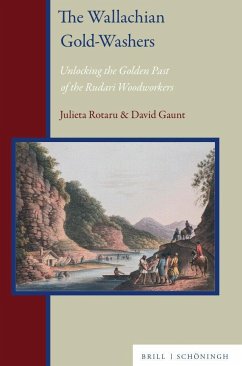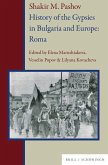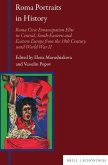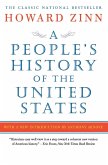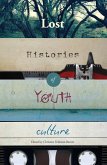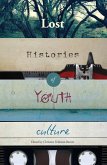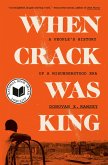This is the first monograph on the history of the Rudari people of Romania and the first mapping of their settlements. The Rudari are a population which has traditionally inhabited the Balkan area and much of Central Europe. Many of them do not know the Romani language but speak Romanian dialects and today make a living out of carving wooden household items, although their Slavic name alludes to mining. Indeed, the Rudari were for centuries gold-prospectors and gold-washers working for the Crown of Wallachia and were administrated as slaves by a monastery situated on the auriferous Olt river. The authors have reconstructed the fascinating history of this ethnic group for a period of 500 years until the 19th century when gold-panning went in decline due to the exhaustion of the reserves of alluvial gold.
Bitte wählen Sie Ihr Anliegen aus.
Rechnungen
Retourenschein anfordern
Bestellstatus
Storno

